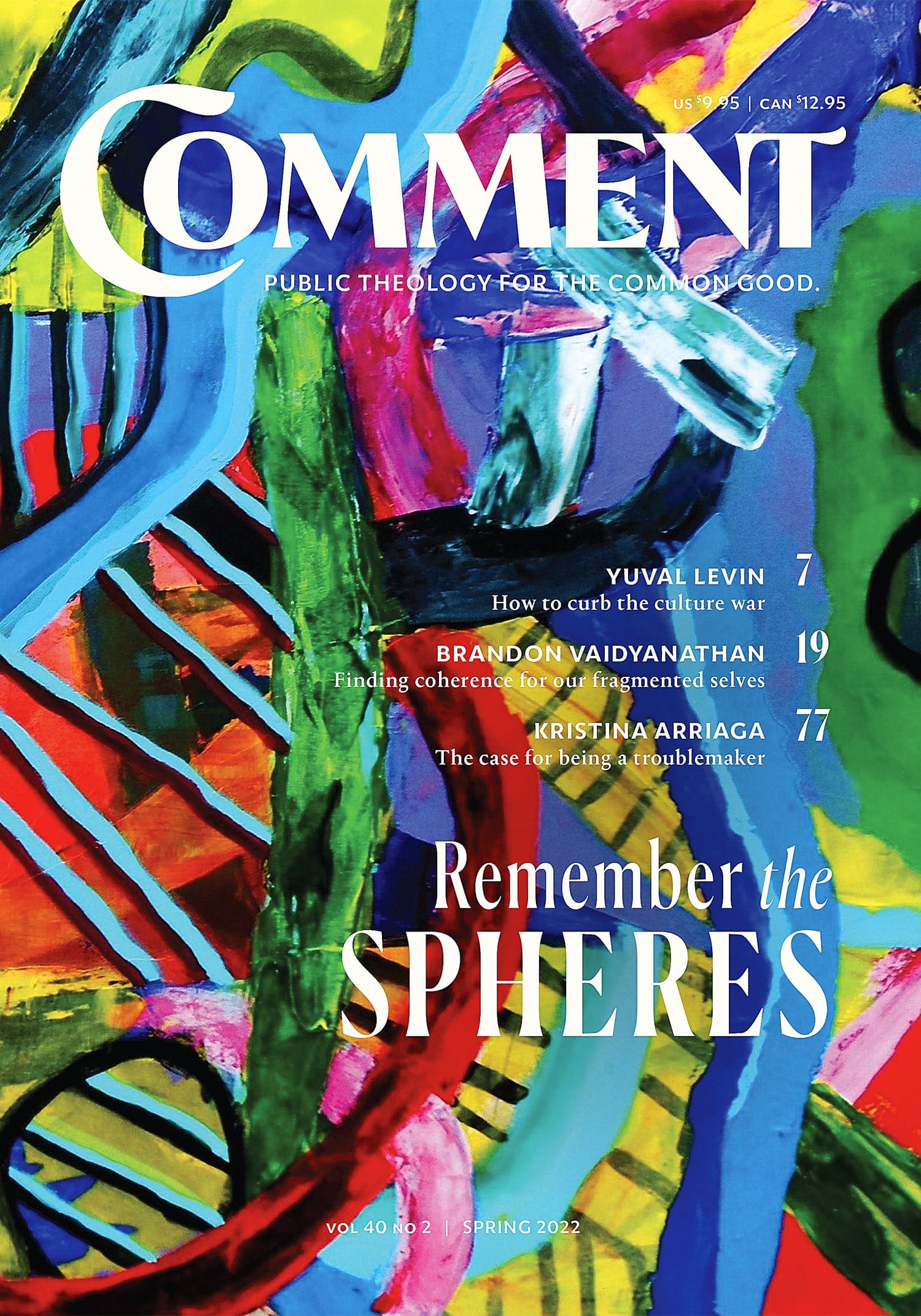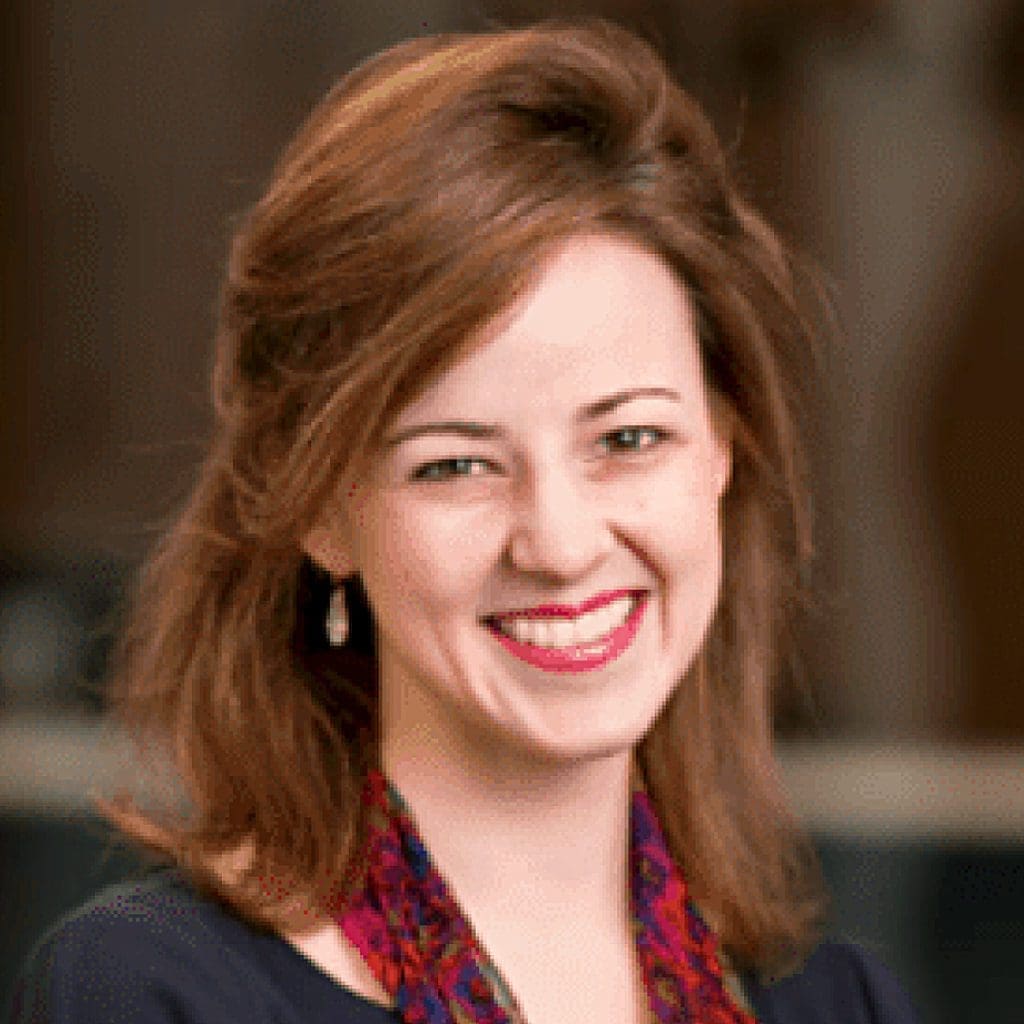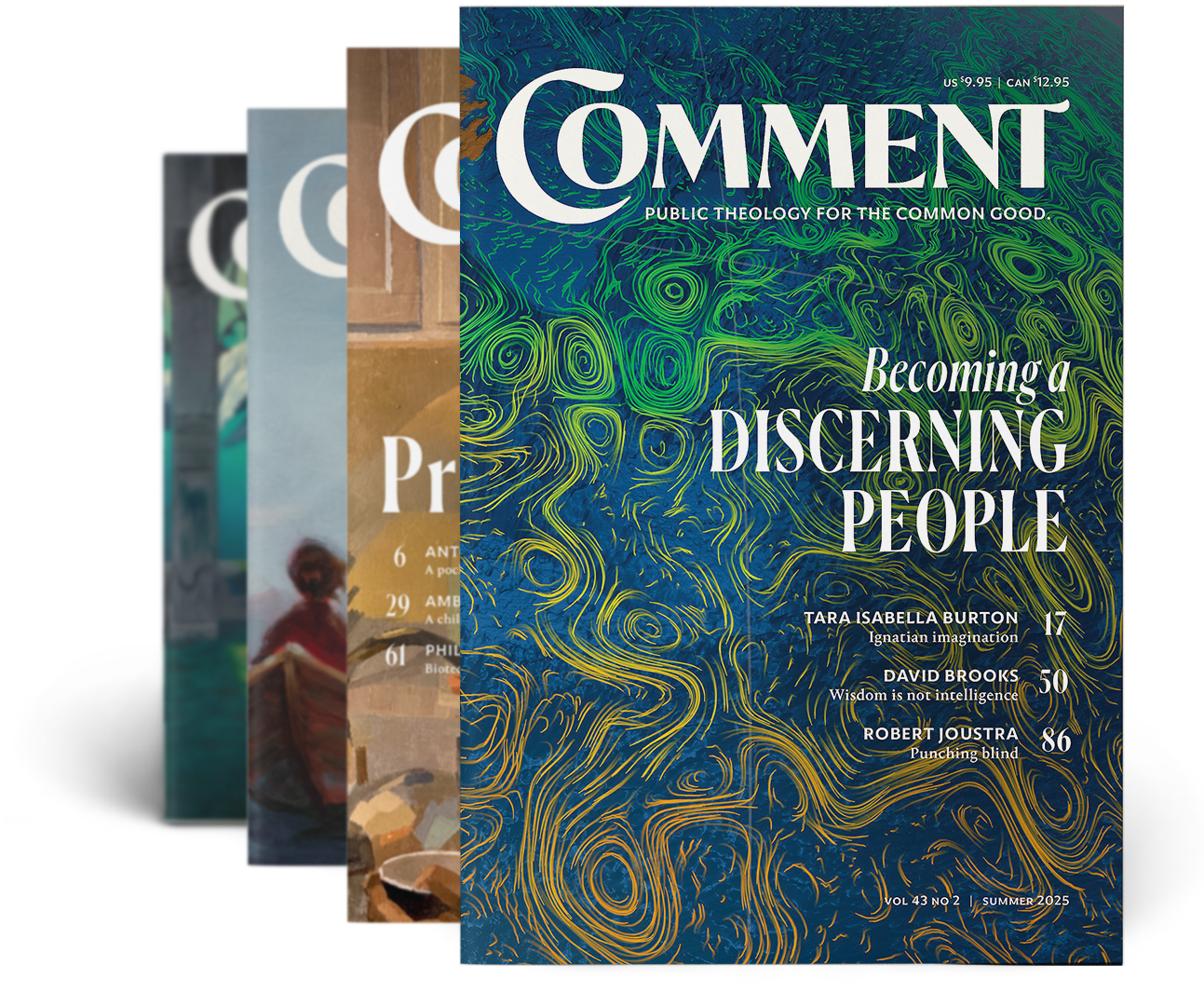L
Life seems to have a harsh edge these days. Ukraine is being destroyed, and there is threat of a larger war, even world-ending nuclear war. COVID-19 still lurks in the background. Many of us are stressed by a social minefield of signalling faux pas when trying to dig into deep-seated pain points in our common life. Violent rhetoric is blowing from the fringe to the mainstream. Anxiety is at record highs. Racist acts are on the rebound. Friendships continue to erode due to lack of attention and the long tail of social distancing. Climate change is careening our way, and those actors who might help our world address it can’t seem to unify sufficient political consensus. And just about everyone I know is confessing a severe depletion in emotional and mental bandwidth: we just can’t do or feel or serve any more than is already being put upon us. We are, in a word, spent.
And we are spent, in part, because there is no longer any buffer between our day-to-day duties and the forces rumbling our world. The zeitgeist has snuck into our homes and our relationships, our work and our sleep. What was private is now public, and what is public knows no peace.
“You talk to older people and they’re like, ‘Dude we sell tomato sauce, we don’t sell politics,’” said the co-founder of Plant People, a Certified B Corporation, to New York Times reporter Emma Goldberg earlier this year. “Then you have younger people being like, ‘These are political tomatoes. This is political tomato sauce.’”
It’s not just young people who are blurring the lines of what is appropriate to express where. College faculty increasingly understand their roles to be those of advocates of a particular cause rather than as seekers of understanding. Debates around critical theory have spilled into the public domain when the tools for using it productively are known only by a trained few. When people ask, “What church do you attend?” it seems more often loaded with political suspicion than spiritual care. As I write this—and here I am torn—it is not just governments that are sanctioning Russia. It is private companies and cultural platforms, and they are doing so while bobbing along to the ebbs and tides of public opinion.
The Paradox of Integrated Living
It seems clear that people are chafing against a poverty of choice when it comes to those vehicles that can channel our noblest moral longings. Worshipping beings invariably pivot if they are left hungry at the altar, and how much more so in a culture drenched in market competition. Today, the fact that those spheres that have historically helped organize if not catalyze a propulsive moral witness (e.g., the church, the government, journalism) are now perceived as irrelevant if not gauche is no small indictment, worthy of serious troubleshooting by those called to their purification.
But we, too, are shallow creatures. We get frustrated by the slow arc of justice, impatient for results and eager for scapegoats to explain away our pain. And so we choose the lowest hanging fruit, the platform that makes us feel righteous, the popular slogan, the quick condemnation.
Unfortunately, these fleeting modes of outcry are leaving us dissatisfied, still more tired and confused as they yield deeper division and positional entrenchment. For all a younger generation’s push to have their whole selves seen and nourished, most of us are really reinforcing our felt dis-integration with lives stretched between two necessary demands—work and the household—as we push out everything in between to survive amid overwhelming global forces. The neighbourhood has become a scene of inconvenience, the casual encounter too scary. There is no time to volunteer at the food bank or participate in the local town council. I need to make sure my boss doesn’t need me while I scroll absentmindedly by the playground swing, my kids begging for attention that I’m too weary to give. It feels safer and more efficient to post a message that declares where I stand than to do the messy, hidden work of repair.
Somehow we’ve given up on those covenantal commitments that feed our souls and knit our disparate selves into coherence. We find ourselves floating in oceans where everything overwhelms and yet we feel accountable to little. We live day to day at constant risk of being caricatured for this or for that, all while no one seems to actually care what we do or how we do it.
It’s a numbing, flat existence, this boundaryless grey, and it’s constipating our collective ability to find solutions to our society’s most vexing problems. Who is resourcing a constructive way forward? Is it possible that we already have recourse to tools that can help, if only we can squint past the politicized fog?
Recovering Telos in the Particular
It may seem strange to approach this depressing state of affairs with a nod to sphere sovereignty, a highfalutin concept typically debated at neo-Kuyperian conferences. Many of us have grown up in a time when confidence in the very institutions that buttress spheres like education, government, media, and religion has been one consistent decline narrative. And really, isn’t structural pluralism a quaint ideal that got squashed by the internet?
The principle of sphere sovereignty suggests that we live in a vast array of social structures, each one endowed with distinct responsibilities, privileges, and authority. It’s premised on an all-encompassing created order, one that includes a variety of societal communities that pursue different goods with distinction: education, worship, agriculture, civil justice, economy and labour, marriage and family, artistic expression, and more. These societal communities, or spheres, respect one another’s boundaries; a purpose owned by one won’t be trespassed by another. And they are to complement and support one another, cross-pollinate and interact.
I don’t think one needs to be steeped in Reformed social thought to appreciate the helpfulness here. There is something profoundly generative about restoring a sense of particularity to the purposes of the various domains in which we get shaped. Try slapping the preposition “for” onto the end of each conversational object at your next dinner party, and see how late into the night your guests stay. What is education for? What is the church for? What is the family for? What is the economy for? What is freedom for?
The writers in this issue seek to unearth the life-giving power of telos in the particulars, inviting each of us to rediscover the spheres that exist for individual flourishing and civic maturity. The invitation is not without cost, and it’s not without accountability. But if you’re like me, and you yearn to pierce through the punishing blur that is suffocating souls, this issue may just knead some firepower back into your steps. May its constellation provide a new map to help you move past what institutional disappointment you may feel. May its diversification of loyalties loosen what fraught relationship(s) with authority you may be tripped up by. And may our authors’ understanding of the modern longing for a rich life of variety and coherence grant you the hope each one of us needs to call forth our gifts and begin again.





